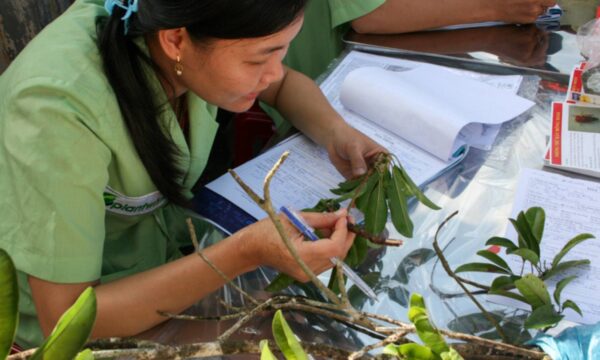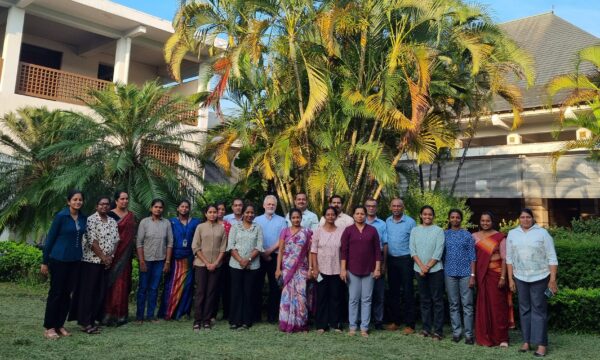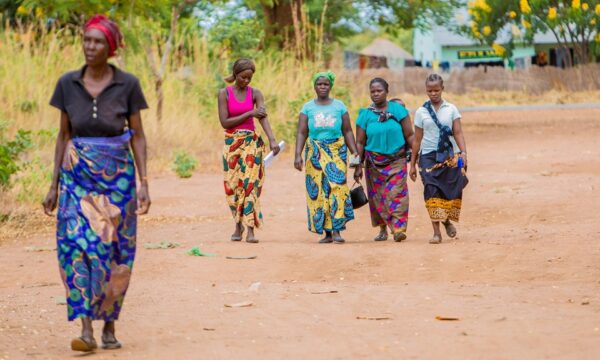Smallholder farmers across the world need access to advisory services to support them in managing pest and disease issues on their crops. As part of its PlantwisePlus programme, CABI is developing and promoting digital advisory tools to increase access to the information that farmers need to adopt safe and effective agricultural practices. One of the most important components and considerations in this work is gender.
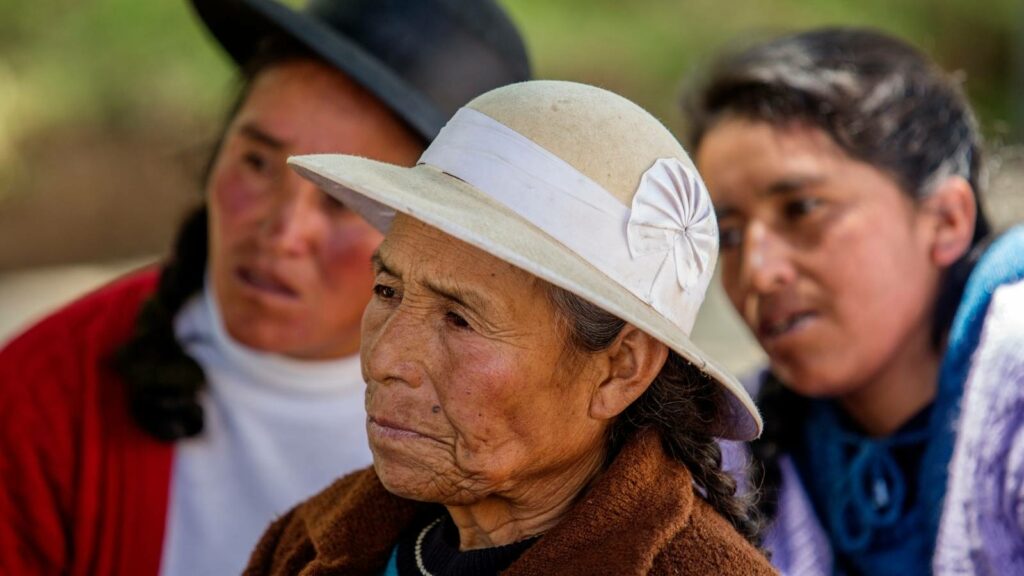
We know that women often struggle to get the same level of access to advisory information as men. We also see in many countries, that women farmers can be more likely to consult with agricultural services if the provider is also a woman.
Digital tools
In order to support both the women farmers and the women service providers, it’s important that digital advisory tools are applicable and accessible to women and ultimately, that the information reaches women farmers.
There is a risk that where women do not have access to a mobile device and/or the internet, increasing usage of digital approaches risks worsening inequality. It’s important for digital development projects to be aware of this and implement ways to mitigate against it. These are some examples of actions that are been taken under PlantwisePlus:
Human Centred Design
Human Centred Design (HCD) involves targeting users from the early stages of digital development projects. It’s important that the user groups who are consulted are representative of the wider user group. As such, it’s crucial that women are included in these user groups and are able to actively participate in the HCD activities so that their challenges, requirements and ways of working are represented.
This has been completed under PlantwisePlus to ensure that information about the context that both men and women work in is used to design tools that meet the requirements identified.
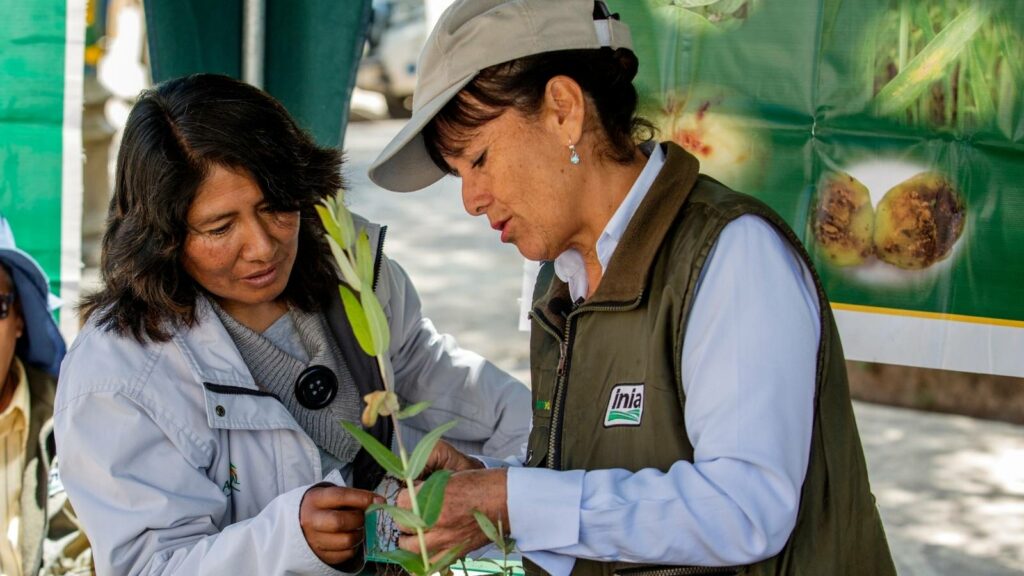
Training and capacity
Another important practice is to ensure that training and capacity building is offered and that women are able to participate. In some countries, ingrained social norms may mean that women are not seen as having the capacity to use digital tools, or training arrangements may not have taken into account the availability of women due to their caring responsibilities.
Providing an environment where women can learn and demonstrate capability will not only increase their confidence with using the tools but also provide visibility of this to men, which helps to change those existing perceptions of capabilities.
Barriers to using digital tools
Even if women have access to mobile devices and are capable of accessing information, there are other barriers to using digital tools such as access to the Internet or lower literacy levels. These are areas that usually become apparent during the research stages of HCD.
Ways to address this include implementing functionality to enable easy access to tools and content while offline. The Plantwise Factsheet App is an example of a tool that enables users to download content when the internet is available, and then to access the content, including images, offline when the internet is not available. The content itself is validated so that the recommendations and language are applicable to the needs of agricultural service providers. The simple language and use of clear and descriptive images support users that have lower literacy levels.
Support networks
The use of tablets for work has increased the availability of support networks for agricultural service providers. Instant messaging apps, like Telegram or Whatsapp, are used by groups to share experiences, to get support with diagnoses and to share news. These groups allow women to reach out for support from peers at a time that works for them. They are also able to read and learn from the messages of others in the group, which are usually a mixture of men and women. This may open women’s involvement in discussions in a way that would be more difficult in an offline scenario.
Digital advisory tools offer many benefits, including the portability of large amounts of information on one device, instant updates, and interactive tools to get tailored information, but we do have to be aware of the potential risks that these tools pose to equality and work hard to ensure that information is delivered to those that need it in the most appropriate way.
Further reading
Find practical plant health advice on the Plantwise Knowledge Bank
Find out more about CABI’s new global PlantwisePlus Programme
CABI gratefully acknowledges the financial support of the Directorate General for International Cooperation (DGIS, Netherlands), the European Commission Directorate General for International Partnerships (INTPA, EU), the UK Foreign, Commonwealth & Development Office (FCDO), the Swiss Agency for Development and Cooperation (SDC), for the PlantwisePlus programme.
Related News & Blogs
How do pest risk registers address the spread of plant pests in Africa?
Pest risk registers can help to solve problems in agriculture, addressing the growing global threat of plant pests. Moreover, changing weather patterns, led by rising temperatures, are causing them to reproduce faster and expand into new regions. In ad…
10 July 2025

